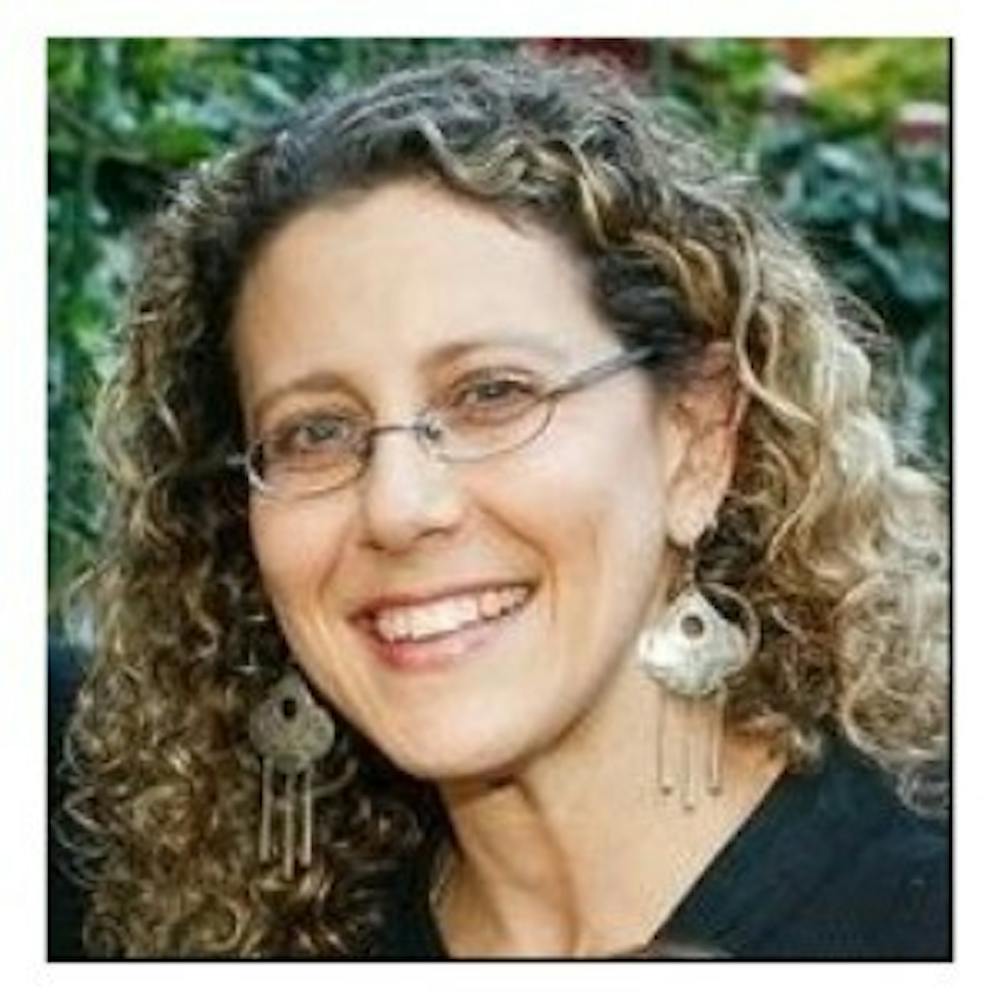As I witnessed what happened on campus last month, I had one overriding thought: we have seen this before. We have seen torch-bearing, swastika-clad demonstrators in Charlottesville this past August. We have seen ugly, crass racial slurs on AU’s campus earlier this year, and we have seen an unrelenting barrage of violent acts and words on the national stage over the last few years. Rather than appreciating that the United States is special because of its diversity and freedom, the purveyors of hate speech and violence hope to divide our country further. But we have seen this before, so, with the right approach, we can frustrate their aims.
The menacing crowd of white supremacists and anti-semites marching with their torches in Charlottesville was particularly jarring for many people, as it combined elements of Nazism and lynch mobs. Those of us who believe fervently that past is prologue, and that knowledge of history is essential to understanding our present, know that masquerading as perpetrators of the Holocaust or as henchmen of Klan violence should not be dismissed as mere swagger; words and images do matter. The Nazi Holocaust, which resulted in the inconceivable murder of six million Jews – two out of every three European Jews – during World War II, owed much of its effectiveness to the fact that it began by separating and dehumanizing Jews and others deemed undesirable by the regime. The kind of imagery employed by the criminal who violated AU last week has some goals in common with the Nazis: to liken certain groups of people to animals, to promote a fictional glorious version of a corrupt system, and to encourage fear of the stranger in our midst.
Already, before the latest incident, AU had taken the rare initiative to found an Anti-Racist Research and Policy Center, headed by Dr. Ibram X. Kendi. On an evening that should only have been celebratory, with detailed plans announced for the new center, insidious posters were hung in strategic locations – including the offices of the Center for Israel Studies – valorizing the Confederacy while proudly evoking its support for slavery in the cotton industry. In his beautiful and wise remarks to the campus community after the vandalism was revealed, Dr. Kendi acknowledged the wider circle of hurt that such acts create, specifically recognizing Jewish students as being victims of the same kind of anti-semitic, white supremacist agenda as the African-American community on campus and elsewhere. “I write to AU students,” he proclaimed, “especially students of color and Jewish students.”
As scholars of the Jewish experience, my colleagues and I know too well the Jewish people’s long history of being targeted by the type of hate and base prejudice that was demonstrated at AU last week. But we also know the Jews’ history of activism – of resisting those who attack people because of their race, religion, or background, and of fighting for the rights of those victims. This includes, in particular, a history of empathy with the African-American community and activism even at the risk of some Jews’ lives – from the turn of the 20th century, through the Depression era, and famously in the Civil Rights movement of the 1950s and 60s. Jews have learned, in every era, that it is not enough to condemn hate crimes with words – but that informed action is the key to change. In my Jewish history and literature courses, I seek to inform about a history that is often difficult but remains proud, and to show our students that it is not enough to know, but also to speak out, provide support for victims, and expose hypocrisy and prejudice.
I was struck by the following lines in Dr. Kendi’s remarks: “Courage is not the absence of fear. It is the strength to do what is right in the face of it.” The same closeness that makes relationships more intense on a college campus, but can spread fear and despair much more quickly than in a normal community, can also provide the key to our solution. If the University continues to respond, as it has, with creativity and openness – to different ideas and different people – if its faculty and students join together to learn, applying lessons from the past to our complicated present, then we will be fulfilling our mission, and we will join those who meet fear with courage.
Dr. Lauren B. Strauss is a Scholar in Residence and Director of Undergraduate Studies in the Jewish Studies Program at American University.




